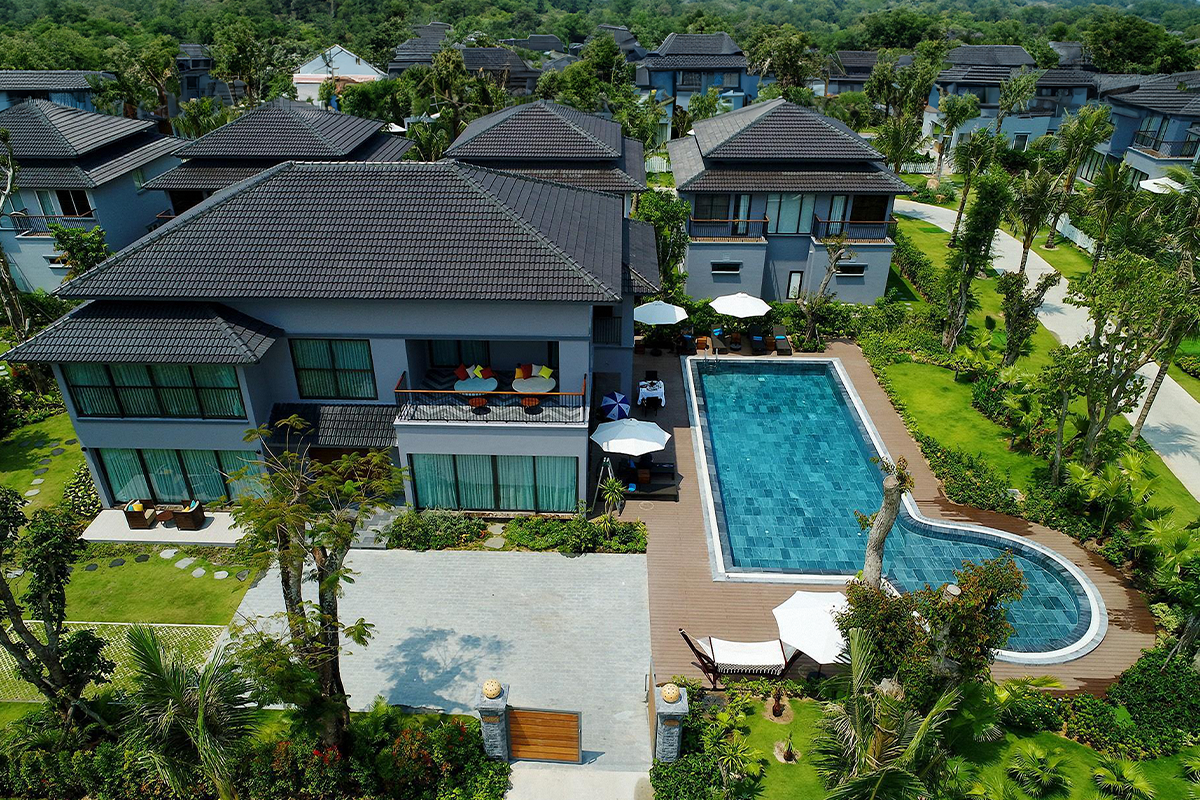Investing in Thai Property: A Guide for Foreign Buyers
Foreign Property Ownership in Thailand
Thailand is an attractive destination for foreign investors looking to own property, thanks to its stunning natural beauty, vibrant culture, and relatively low cost of living. However, navigating the legal landscape of foreign property ownership in Thailand can be challenging. This guide will provide an overview of the key things foreign investors need to know before purchasing property in Thailand.
Restrictions on Foreign Ownership
- Foreign nationals are generally prohibited from owning land in Thailand under the Alien Business Law.
- However, there are some exceptions and alternative methods for foreigners to own property, such as:
* Owning a condominium unit
* Leasing land and building a structure on it
* Establishing a Thai company to purchase land
Owning a Condominium Unit
One of the most straightforward ways for foreigners to own property in Thailand is by purchasing a condominium unit.
1. Foreigners can own up to 49% of the total floor area of a condominium building.
2. The funds used to purchase the unit must be brought into Thailand as foreign currency and properly recorded with a Thai bank.
3. The condominium must be registered under the Condominium Act.
It’s crucial to work with a reputable real estate agent and lawyer to ensure that the condominium development is legally registered and compliant with all regulations.
Leasing Land and Building a Structure
Another option for foreigners is to lease land and construct a building on it.
1. Foreigners can lease land for up to 30 years, with the possibility of renewing the lease for additional 30-year periods.
2. The lease agreement must be registered with the Land Department.
3. Foreigners can own the structure built on the leased land, but not the land itself.

Establishing a Thai Company
Foreigners can also establish a Thai company to purchase land, subject to certain conditions.
1. The company must be at least 51% Thai-owned and have a majority of Thai directors.
2. The foreign investor can own up to 49% of the company’s shares.
3. The company must be engaged in a business activity that is not restricted under the Foreign Business Act.
It’s important to note that using a Thai company to circumvent foreign ownership restrictions is illegal and can result in severe penalties.
Tax Implications
When purchasing property in Thailand, foreign investors should be aware of the various taxes and fees involved.
- Transfer fees: 2% of the registered value of the property
- Stamp duty: 0.5% of the registered value of the property
- Specific Business Tax (SBT): 3.3% of the appraised value or registered sale price (whichever is higher), if the property is sold within five years of purchase
- Withholding tax: 1% of the appraised value or registered sale price (whichever is higher)
Consulting with a qualified tax advisor is essential to understand the full tax implications of purchasing and owning property in Thailand.
Due Diligence
Before investing in Thai property, it’s crucial to conduct thorough due diligence.
- Verify the ownership and legal status of the property
- Check for any encumbrances or liens on the property
- Ensure that the property is not located in a protected area or subject to zoning restrictions
- Review the contract and have it translated by a professional if necessary
Conclusion
Owning property in Thailand as a foreign investor can be a rewarding experience, but it’s essential to navigate the legal and regulatory landscape carefully. By understanding the restrictions on foreign ownership, exploring alternative methods, and conducting thorough due diligence, foreign investors can make informed decisions and minimize potential risks.



